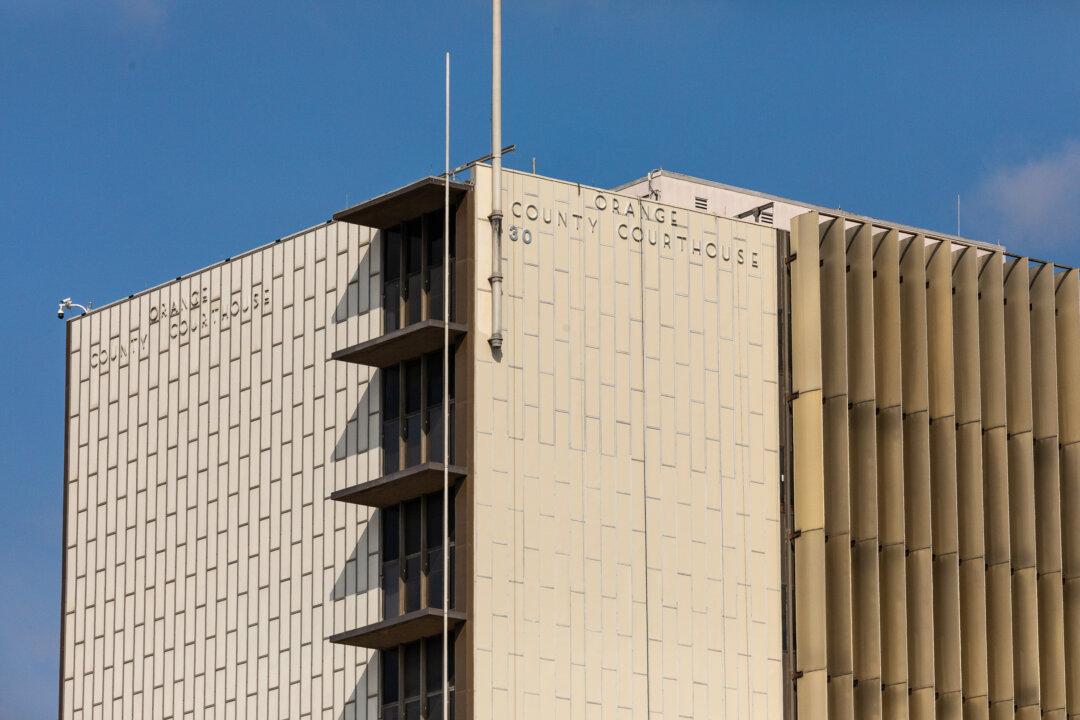A California bill that aims to provide funding for the implementation of Proposition 36, a voter-approved state law that increases penalties for some drug and theft crimes, was referred to the state Senate’s public safety committee Feb. 14.
Senate Bill 38 would make drug courts and collaborative court programs eligible for state grants, according to Sen. Tom Umberg (D-Santa Ana), who introduced the bill in December.





